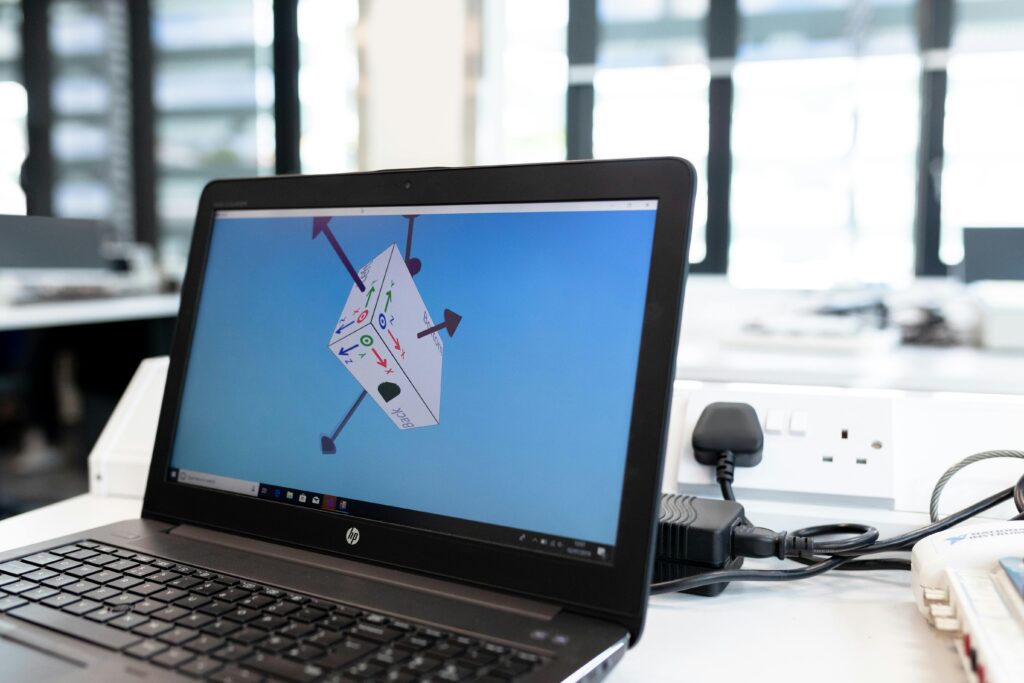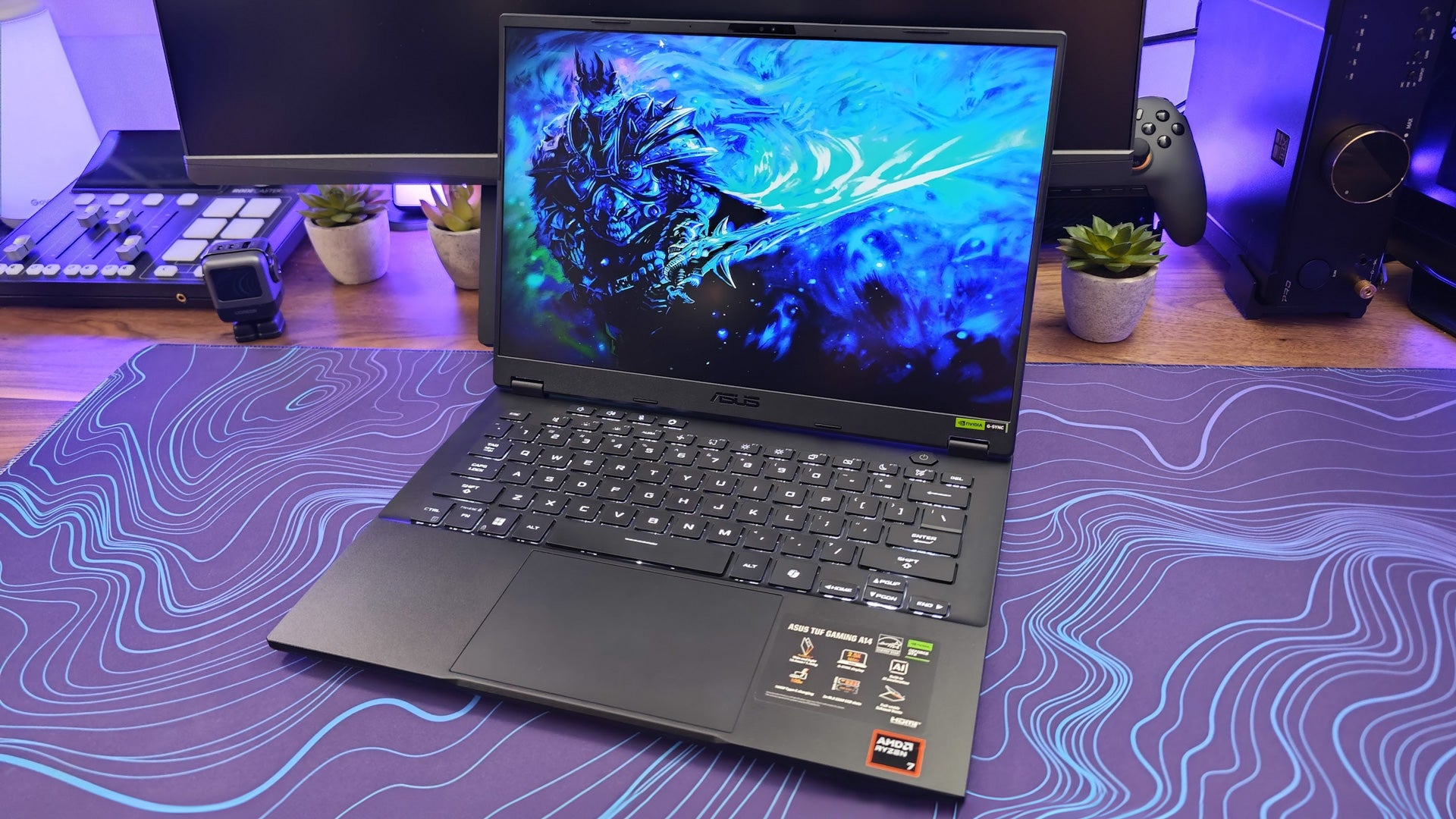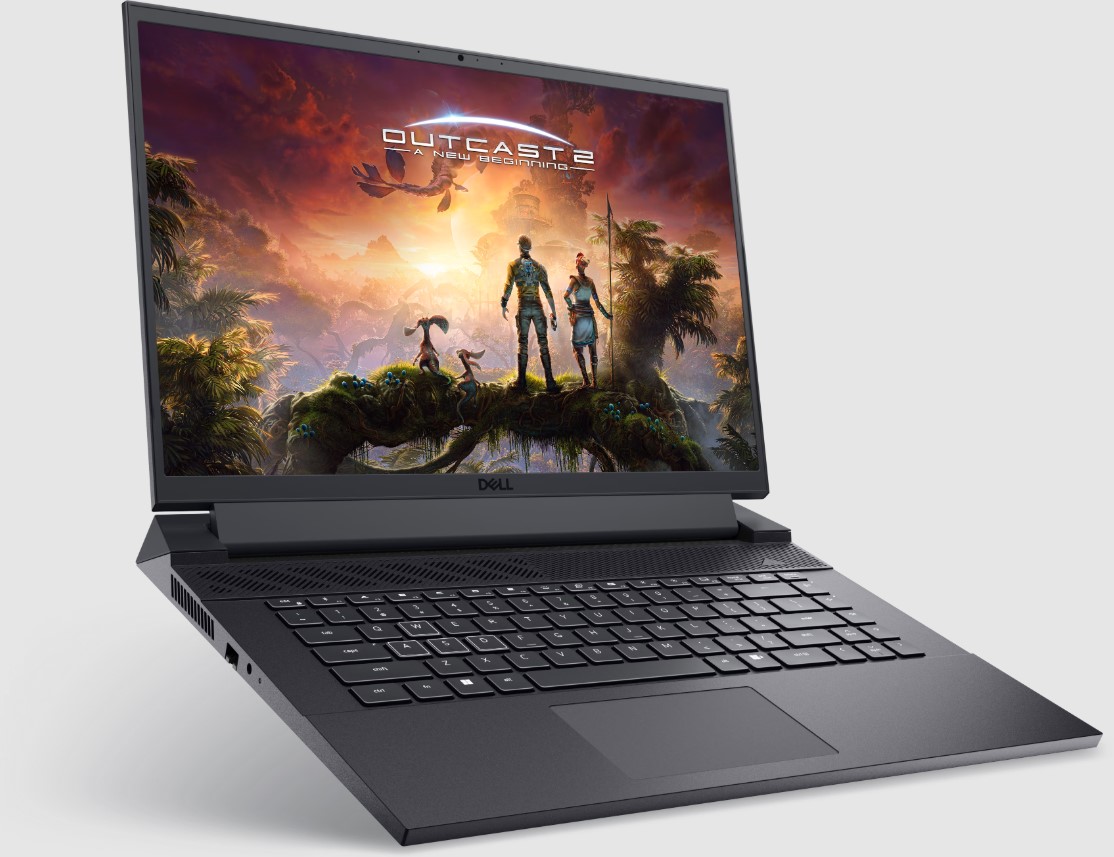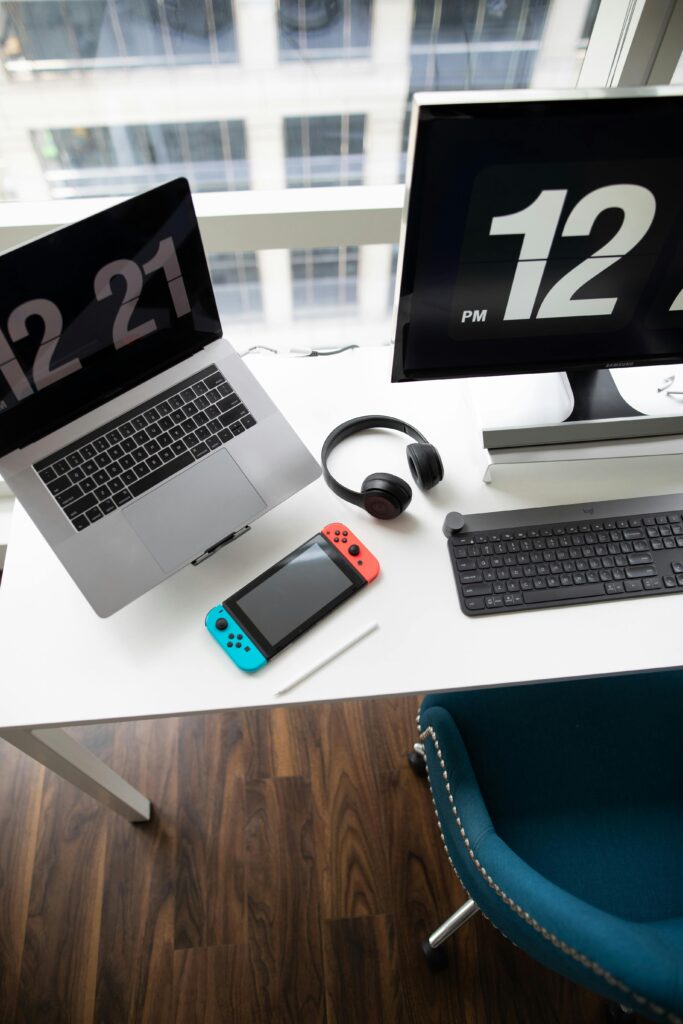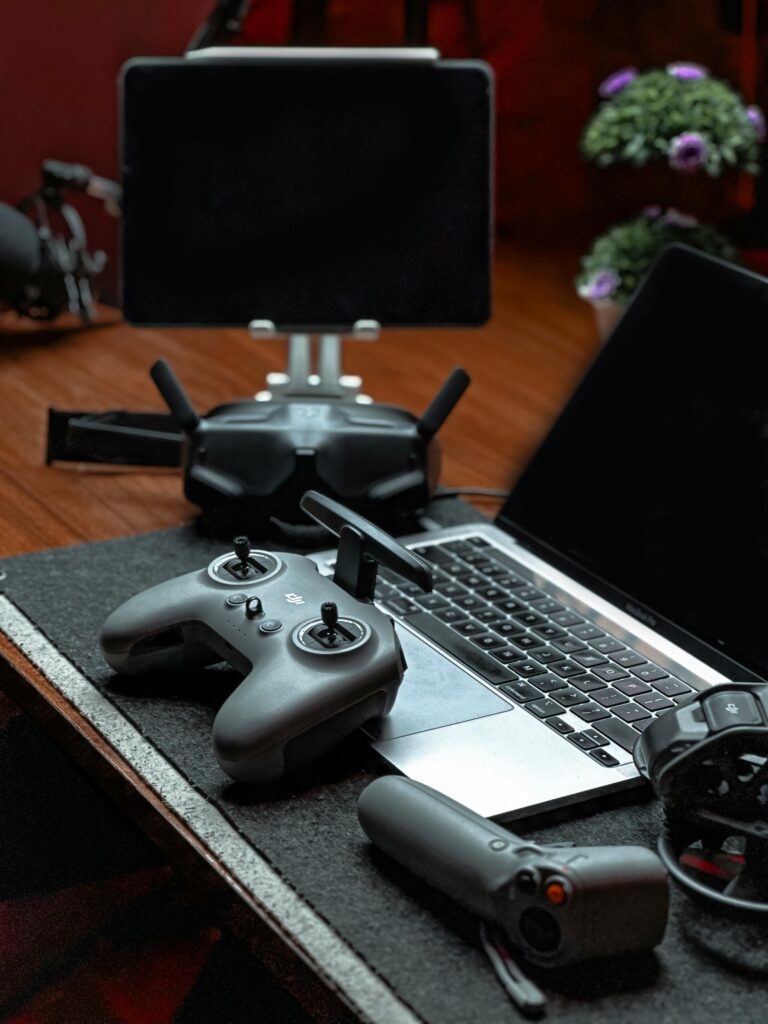Hey there, fellow gamers! If you’re in the market for a new gaming laptop or just trying to figure out how to connect your setup to an external monitor, you might be wondering about DisplayPort. You know, that one connector that seems to be everywhere when you’re looking for high refresh rates and top-notch graphics. So, do gaming laptops have DisplayPort? Let’s break it down.
Quick Comparison: DisplayPort and HDMI on Gaming Laptops
| Feature | DisplayPort | HDMI |
|---|---|---|
| Max Refresh Rate | Up to 240Hz or higher | Usually 120Hz to 144Hz |
| Resolution Support | 4K, 8K, and even higher at smoother fps | 4K supported, but refresh can be lower |
| VR Compatibility | Better support for VR | Works but may limit performance |
| Connection Type | Can be Mini DisplayPort or full-sized | Generally a full-sized HDMI |
Now that we have a quick comparison, let’s talk about whether your beloved gaming laptop will have a DisplayPort and what it means for you.
The Rise of DisplayPort: What Is It, and Why Do Gamers Love It?
DisplayPort (DP) is one of the most popular video output standards when it comes to high refresh rates, multiple monitors, and general gaming awesomeness. It’s basically HDMI’s cooler cousin—they do similar things, but DisplayPort usually gives you better refresh rates, more bandwidth, and sometimes, just more versatility overall.
The thing about gaming laptops is they don’t all come with DisplayPort by default. While a lot of desktops are embracing DisplayPort as a standard, many gaming laptops are a mix of HDMI and Mini DisplayPort options. But, why would you want DisplayPort in the first place? For starters:
- Higher Refresh Rates: DisplayPort can handle 240Hz or more, making it perfect for high-FPS gaming.
- Multiple Monitors: Want to run a multi-monitor setup? DisplayPort can help you daisy chain multiple screens easily.
- Better VR Compatibility: DisplayPort tends to work more smoothly with VR headsets.
Does Your Gaming Laptop Have DisplayPort?
So, let’s get to the big question: do gaming laptops actually have DisplayPort? The answer isn’t a straightforward yes or no—it depends on the model and the brand. Here’s what you need to know.
Mini DisplayPort vs. Full-Sized DisplayPort
When it comes to gaming laptops, you’re most likely to encounter Mini DisplayPort. This is a smaller version of the standard DisplayPort but offers all the same features. Brands like MSI, Asus ROG, and Razer often include Mini DisplayPort on their high-end gaming laptops, especially on models where they want to offer greater flexibility for multi-monitor setups.
On the other hand, some laptops just use USB-C with DisplayPort Alt Mode. In this scenario, your USB-C port doubles as a DisplayPort, so even though you don’t see a dedicated DP port, you’re still covered. This is becoming more common as manufacturers try to make laptops slimmer while maintaining performance.
Gaming Laptops That Typically Include DisplayPort
Some gaming laptops are more likely than others to come equipped with DisplayPort or Mini DisplayPort. Here’s a quick list of popular models:
- Razer Blade Series: These tend to include Mini DisplayPort, especially in their high-performance models.
- MSI GE and GS Series: MSI gaming laptops often come with Mini DisplayPort for external monitor support.
- Asus ROG Zephyrus: Many of the ROG models have USB-C with DisplayPort Alt Mode, meaning you can use an adapter to connect to a DisplayPort monitor.
If your laptop doesn’t have a dedicated DisplayPort, it’s worth checking to see if it has USB-C with DP Alt Mode. This way, you’re not stuck with HDMI as your only option.
Why You Might Prefer DisplayPort for Gaming
If you’re someone who loves gaming at high refresh rates—say 144Hz, 240Hz, or even higher—then DisplayPort is going to be your best friend. HDMI is great, but unless it’s HDMI 2.1, it’s not always going to hit those ultra-smooth frame rates that you crave.
Here’s why DisplayPort matters:
- Higher Bandwidth: DisplayPort 1.4 and the newer 2.0 versions have more bandwidth compared to HDMI 2.0. This means better resolution and frame rate combinations, like 4K at 144Hz, without sacrificing quality.
- Adaptive Sync: DisplayPort supports both AMD FreeSync and NVIDIA G-Sync, which are technologies that prevent screen tearing. If you’re on a serious gaming mission, the smoothness you get is a game-changer.
- VR Ready: Virtual reality setups like the HTC Vive and Oculus Rift often work better with DisplayPort because of the higher bandwidth, which translates to a smoother experience.
Connecting Your Gaming Laptop to an External Monitor
If you’re planning on connecting your laptop to a high refresh rate monitor, you should definitely look into what ports your gaming laptop has. If it has a Mini DisplayPort, you’re set. You can connect it directly with a Mini DP to DP cable. If your laptop only has USB-C, you’ll need a USB-C to DisplayPort adapter.
For HDMI users, it’s important to make sure that both your monitor and HDMI cable support the higher bandwidths required for gaming at 144Hz or higher. Most modern gaming laptops will come with at least HDMI 2.0, which supports 144Hz at 1080p, but the DisplayPort alternative can often do much more.
DisplayPort vs. HDMI: Which One Should You Use?
Here’s the deal: both DisplayPort and HDMI are great options, but the one that’s best for you really depends on your setup and needs.
- If you’re gaming at 1080p and just want something simple, HDMI will do the job.
- If you’re planning to game at 1440p or 4K with a high refresh rate, DisplayPort is often better because of the higher bandwidth.
- For VR enthusiasts, DisplayPort is almost always the way to go for a smoother experience.
Another point to consider is daisy-chaining monitors. DisplayPort supports multiple displays through a single connection, which is perfect if you want that crazy multi-monitor battle station. HDMI, on the other hand, doesn’t support daisy-chaining, which means more cables and adapters.
What About USB-C with DisplayPort Alt Mode?
Modern gaming laptops are all about USB-C ports, but some of them can do more than just charge your phone or transfer files. If your laptop supports DisplayPort Alt Mode over USB-C, it means you can plug in a USB-C to DisplayPort cable and connect it directly to your gaming monitor. This can be a lifesaver if you’re short on dedicated video ports.
One of the great things about USB-C with DisplayPort is that it combines versatility with performance. You get the same high refresh rates and resolution support that a traditional DisplayPort offers but in a smaller, more compact port. It’s especially helpful for laptops trying to be as portable as possible while still offering high performance.
Conclusion: Do Gaming Laptops Have DisplayPort?
So, do gaming laptops have DisplayPort? Many do, but it’s not always in the full-sized form you’d find on a desktop GPU. Gaming laptops often come with Mini DisplayPort or USB-C ports that support DisplayPort Alt Mode. This gives you the same awesome gaming capabilities in a smaller, more portable form.
If your laptop comes with HDMI only, you’re still going to have a great time gaming, but for the high refresh rate enthusiasts or VR fans, DisplayPort is definitely the way to go. Whether it’s a Mini DisplayPort, a USB-C with DisplayPort Alt Mode, or a full-sized DisplayPort, it’s worth checking out what your gaming laptop offers and making sure you have the right cables to take advantage of all that glorious graphical goodness.
If you’re shopping for a gaming laptop and the specs are overwhelming, just remember: when it comes to high performance and smooth gaming, DisplayPort wins more often than not. And now that you know what to look for, you’re ready to level up your gaming setup and get the most out of your shiny new gaming laptop.
Happy gaming, everyone! Feel free to drop any questions or share your own experience connecting your gaming laptop to external monitors below. Let’s help each other make the most of our gear!
Read more: Can I Charge an MSI Gaming Laptop with a MacBook Pro Charger? Let’s Break It Down!
